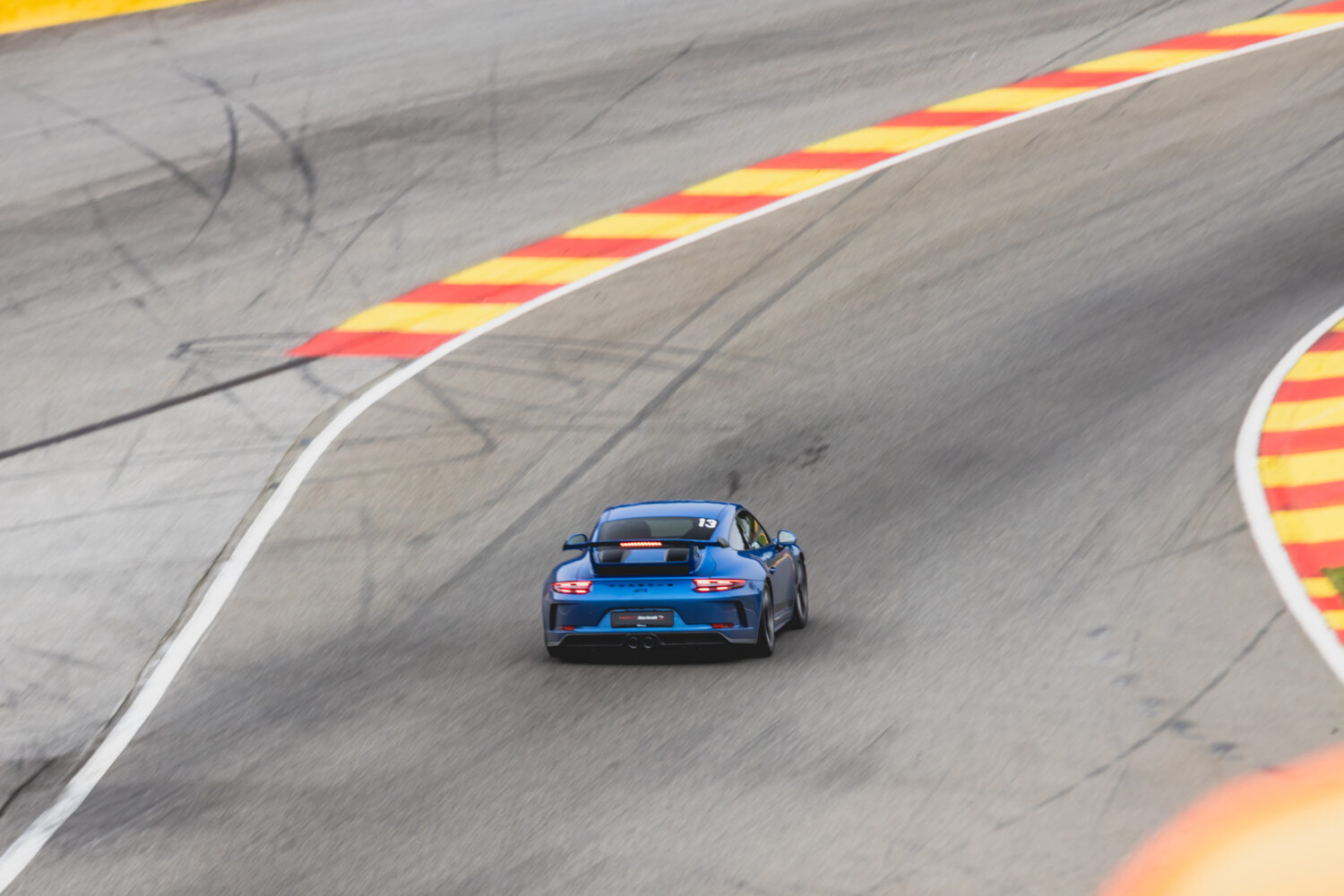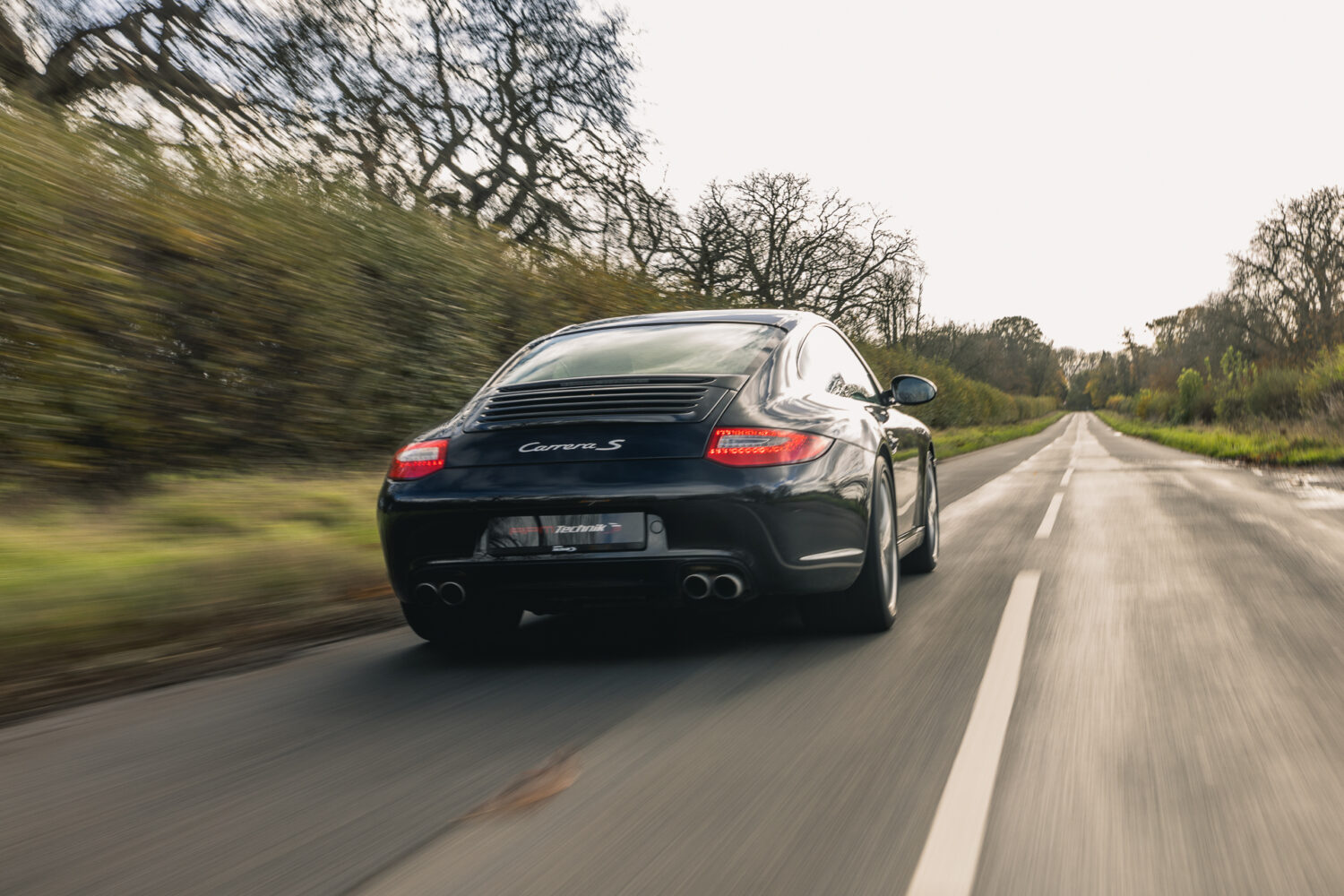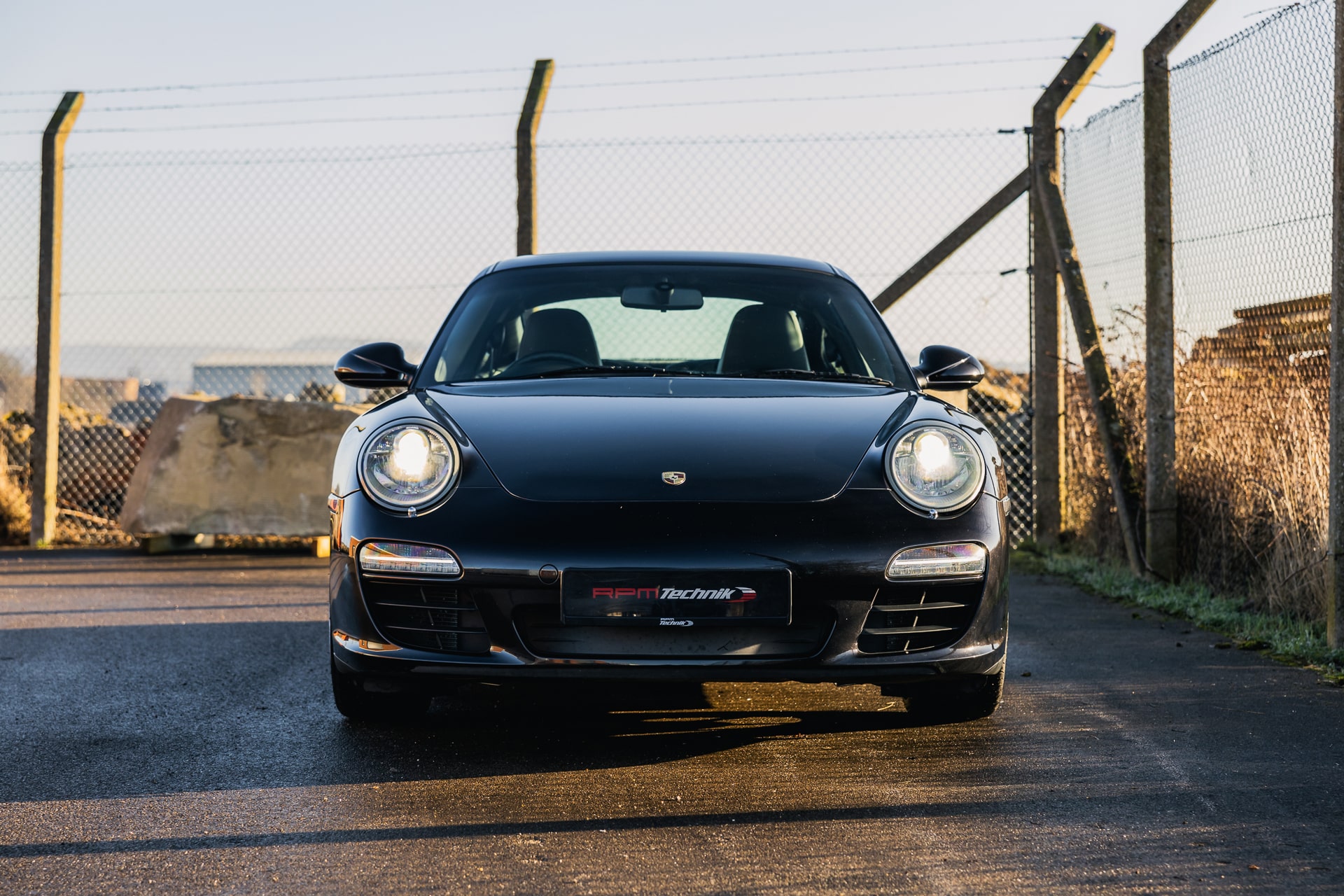
Porsche 997 Generation 1 common issues
The Porsche 997 Gen 1 was built from 2005 until 2008 and was a massive success. The 997 design is widely regarded as one of the prettiest modern Porsches, that has stood the test of time admirably. As the oldest of these Porsche models approach two decades old, when buying one there are a few areas to be conscious of. Here we have listed the three most common issues that owners encounter.
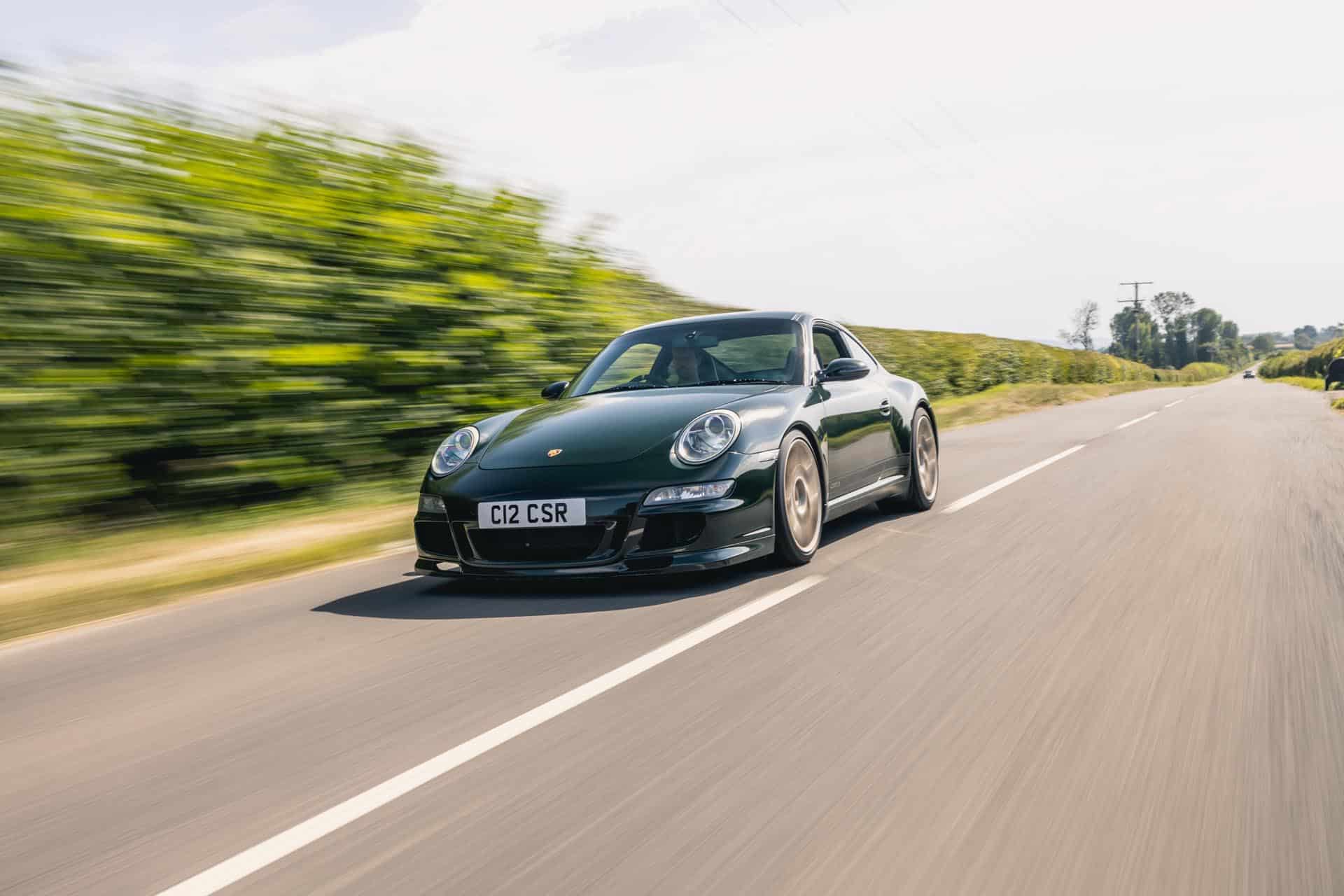
Porsche 997 Suspension – Broken springs/ leaking PASM dampers on your 911
The Porsche 997 was effectively offered with two suspension arrangements. One is a regular ‘passive’ spring and damper set-up, which was generally fitted to standard ‘Carrera’ (two and four-wheel drive) models. The second was an ‘active’ PASM setup that was fitted to ‘Carrera S’ and above models including ‘Turbo’ and ‘GT’ cars. PASM stands for ‘Porsche Active Suspension Management’ and the basic difference between the two setups is that ‘PASM’ has a button which electronically adjusts the firmness of the dampers from inside the cabin. This was a first for Porsche in the 911 and has proved to be a durable and reliable suspension system.
Where we see issues are typically leaking dampers (on both setups) which is caused by age (the rubber gaskets in the suspension drying out and perishing). This allows damper fluid to leak out. When this occurs the damper cannot operate correctly and will feel floaty when driving, or worse it can fail altogether which will feel awful and is dangerous. This is also an MOT failure for obvious reasons. Dampers need to be replaced in pairs to provide consistent handling characteristics and cost from around £1500 fitted.
997’s have also been known to break suspension springs. Owners have sometimes reported hearing a loud crack whilst the car was in the garage or on their driveway, which is the coiled spring in the suspension cracking and a piece breaking off. This is simply due to a combination of age, cycles to failure and corrosion making them weaker. Thankfully it is not that common, and it is an easy fix to replace the springs, which as above also need to be replaced in pairs for consistent handling. Often owners will typically use this time to address other suspension items like worn bushes or any items which may have play in them, this will keep their Porsche 997 handling to its best. We can replace like for like with OEM Porsche parts, or if you were looking to really transform your Porsche 997 handling (without suffering a drop in ride comfort), the KW Variant 3 suspension is our most popular aftermarket suspension upgrade.
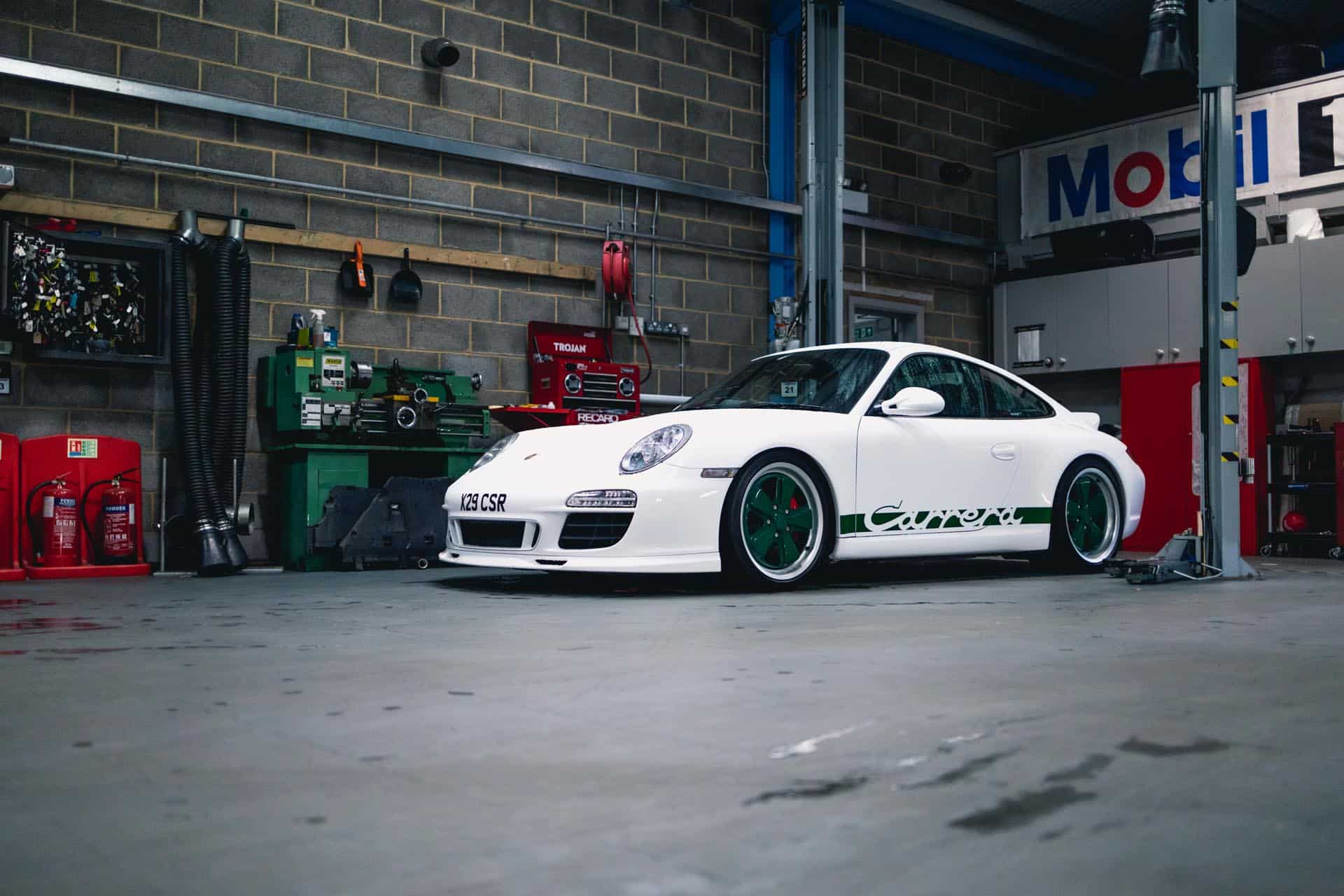
Porsche 997 engines. Bore scoring & IMS failures.
This topic has probably had more words written about it and is the source of constant debate! In essence, the Porsche 997 (non-Mezger) engines can suffer from bore scoring and IMS failures. Bore scoring is where the piston prematurely wears through the cylinder liner, leaving a gap for oil to pass into the combustion chamber. The engine will burn excessive amounts of oil and often smokes quite heavily, neither particularly cool things for your Porsche 997 to be doing. Various fixes are available, however, in our opinion, the only way to really fix the issue is to fit replacement cylinder liners and pistons. At the same time from an engineering point of view, the engine is best refreshed so all consumable and worn parts can be replaced. Although this will futureproof the engine this can result in a fairly large bill, so when buying a Porsche 997 you can put a camera into the bore to check out if they are already scored to prevent further wallet damage.
IMS issues (Intermediate shaft) are an issue but less common. The IMS is a shaft that runs through the centre of the engine, at the end of the shaft is a bearing that it spins on. Occasionally for various theorised reasons (which we won’t go into here!) it stops self-lubricating and fails. The resulting failure typically puts metal swarf back into the engine, blocking oil channels and can cause engine failure. All a bit scary. However, in 2006 model years, Porsche updated the design of the bearing to stop this happening. So, in theory, there is only one production year of the old style bearing many of those will have been replaced or rebuilt by now, so the failure rate that we see due to this issue is significantly lower than the general internet conversations would suggest. It is however an issue and still worth bearing in mind.
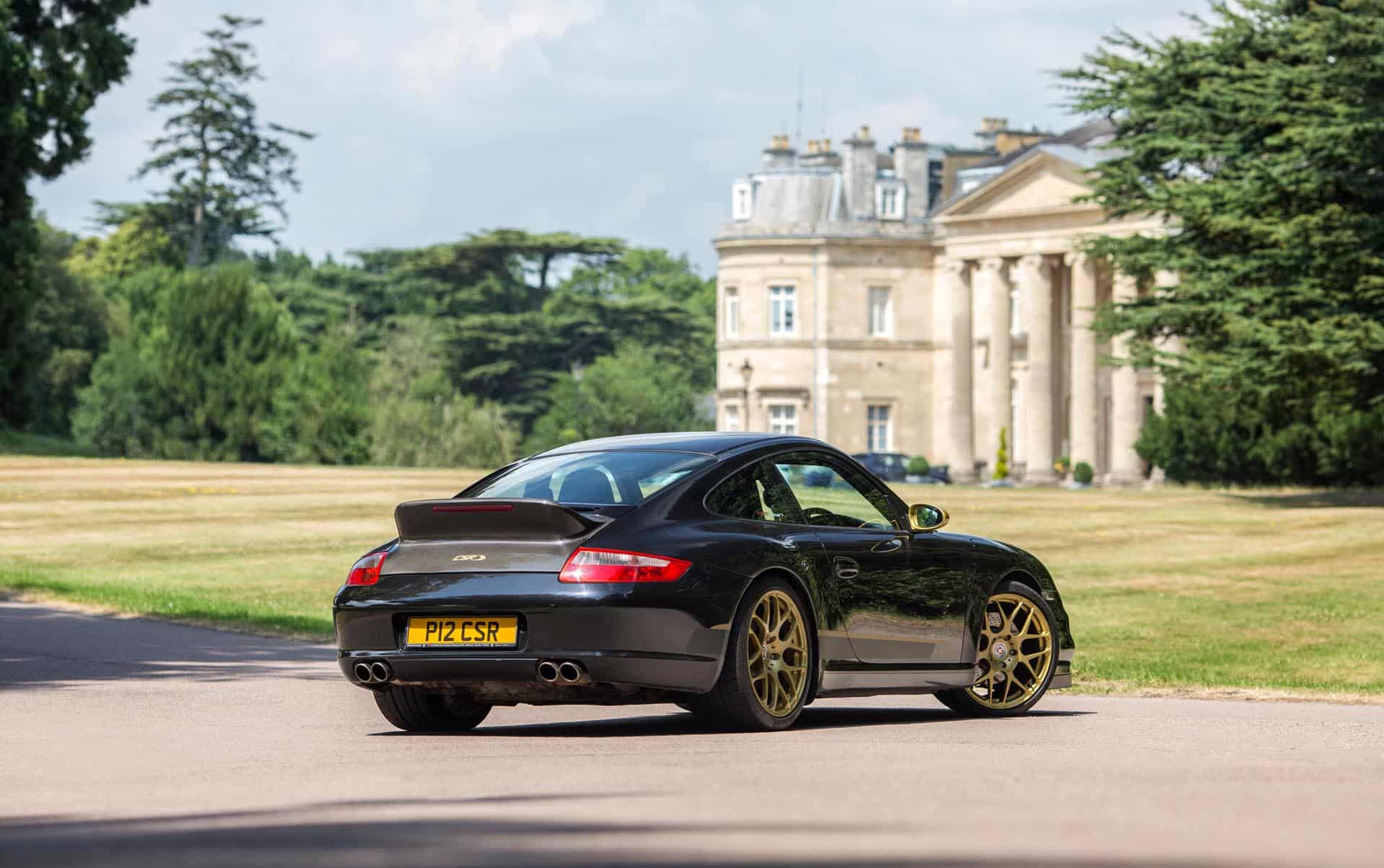
General maintenance
Servicing Porsche 997’s, or in actual fact, lack of correct servicing, is often a downfall. In late 2004 Porsche switched from annual engine oil services to bi-annual services, and on 997 Carrera models a 20,000-mile interval. Clearly, Porsche conducted extensive R&D to ensure that their products would stand up to this. However, as the cars and their parts age, 24 months and 20,000 miles is an exceptionally large interval for a high-performance sports car to be left unchecked. The annual MOT check really looks at the basic safety critical items on a car and is somewhat different to an experienced Porsche technician ensuring that your Porsche 997 is fit for the speeds and stresses that such fast cars create.
Our engineering team recommends that the cars have an annual inspection and interim oil change in conjunction with an MOT, in addition to the bi-annual servicing prescribed in the Porsche 997 handbooks. This way the engine in your Porsche 997 is lubricated with the highest quality oil to help lengthen its life. In addition, items that may be deteriorating can be assessed and dealt with either before an expensive failure, or more importantly, before you are stranded on a French autoroute in the rain on a Sunday afternoon! Our Porsche 997 fixed price service menu can give you a guideline of costs, however, as these 911’s are all used for different journeys, in differing conditions and by different drivers more bespoke maintenance plans can be discussed.
SPEAK WITH OUR
TEAM TODAY
If you would like to discuss your Porsche 997, please contact our team on +44 (0)1296 663 824 or send us an enquiry online.
